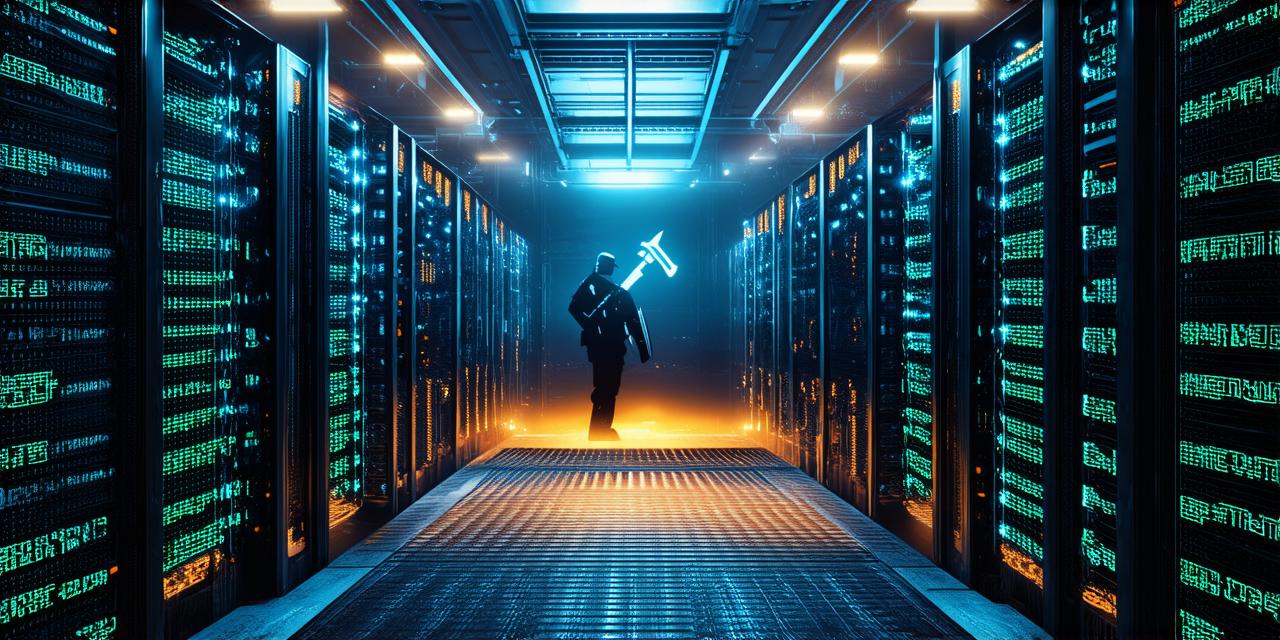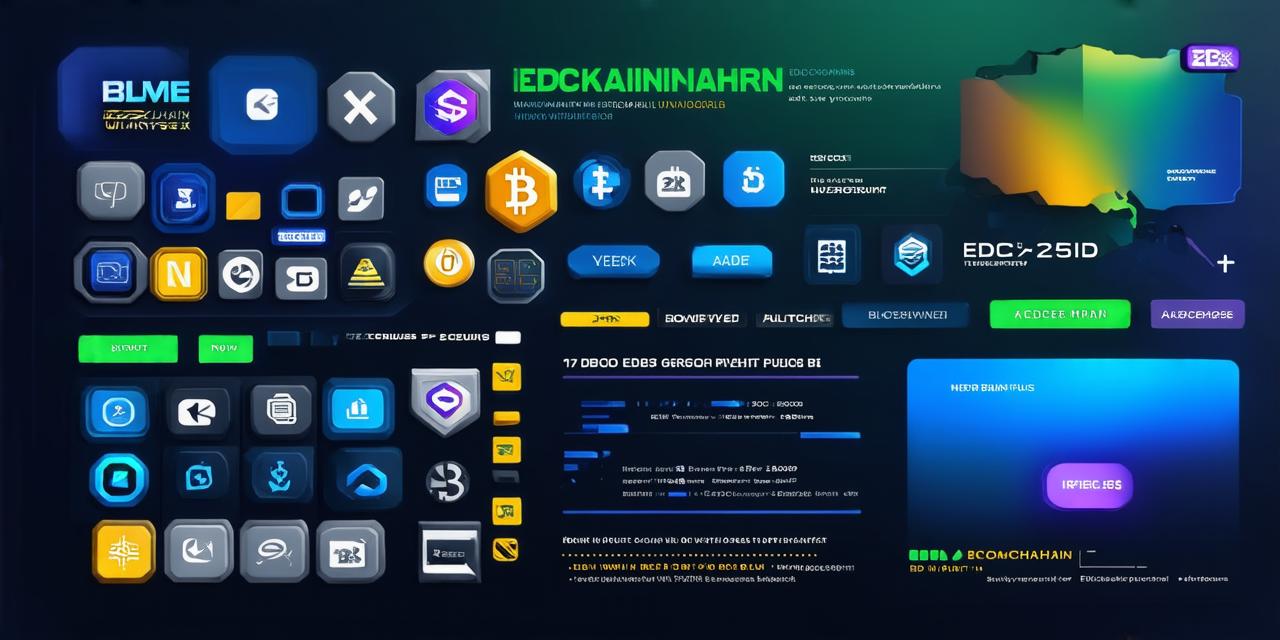Introduction

Blockchain technology is an innovative, distributed ledger that enables secure transactions without intermediaries. The decentralized nature of blockchain makes it resistant to tampering, fraud, and censorship. However, maintaining this high level of security requires significant computational resources, which is where miners come in.
Importance of Miners in Blockchain Technology
Miners are computers or specialized hardware devices that dedicate their processing power to solving complex mathematical problems. These problems are designed to be computationally expensive, requiring significant resources to solve. The first miner to solve the problem is rewarded with a fixed amount of cryptocurrency, which incentivizes miners to contribute their computing power to the network.
Miners Play a Crucial Role in Maintaining the Security and Integrity of Blockchain Networks
-
Verification of Transactions: Miners verify transactions by checking their authenticity and ensuring that they comply with the rules of the network. They do this by using complex algorithms to validate the data, which involves verifying the digital signature of the sender and checking if the transaction has enough funds.
-
Securing the Network: Miners secure the network by solving complex mathematical problems known as cryptographic hash functions. These functions are designed to be computationally expensive, requiring significant resources to solve. By solving these problems, miners demonstrate their commitment to the network and earn rewards in the form of cryptocurrency.
-
Maintaining Immutability: Miners ensure that the distributed ledger remains immutable by verifying transactions and adding them to the blockchain. Once a transaction is added to the blockchain, it cannot be altered or deleted without the consensus of the entire network. This ensures that the data on the blockchain is trustworthy and reliable.
Challenges Faced by Miners in Blockchain Technology
While miners are essential for maintaining the security and integrity of blockchain networks, they also face several challenges. Here are some of the most significant challenges:
-
Energy Consumption: Mining requires a significant amount of computational power, which can be energy-intensive. The energy consumption of mining operations has become a concern, as it can have a negative impact on the environment.
-
Security Risks: As miners are responsible for securing the network, they also face security risks. If a miner’s computer is compromised, it could potentially put the entire network at risk.
-
Competition: The cryptocurrency market is highly competitive, with many miners vying for rewards. This competition can lead to price fluctuations and make it challenging for smaller miners to compete with larger ones.
-
Regulatory Risks: The regulatory landscape surrounding blockchain technology is still evolving, which can create uncertainty for miners. Changes in regulations could impact the profitability of mining operations, making it challenging for miners to plan their investments.
Real-Life Examples of Miners in Blockchain Technology
To help you better understand the concept of miners in blockchain technology, let’s look at some real-life examples:
-
Bitcoin Mining: Bitcoin is perhaps the most well-known cryptocurrency, and mining is a significant part of its operation. Bitcoin miners compete to solve complex mathematical problems to validate transactions and add them to the blockchain. In return, they are rewarded with newly minted bitcoins.
-
Ethereum Mining: Ethereum is another popular cryptocurrency that uses miners to secure its network. Ethereum miners use their computing power to validate smart contract executions and earn rewards in the form of ether tokens.
-
Altcoin Mining: There are many other cryptocurrencies, each with its own mining operations. For example, Litecoin uses Scrypt, a different algorithm than Bitcoin’s SHA-256, making it more accessible to smaller miners.
Conclusion
Miners play a crucial role in maintaining the security and integrity of blockchain networks. They are responsible for verifying transactions, securing the network, and ensuring that the distributed ledger remains immutable. While they face several challenges, including energy consumption, competition, regulatory risks, and security risks, their contributions to the network are essential. As blockchain technology continues to evolve, miners will likely remain an important part of its operation.



